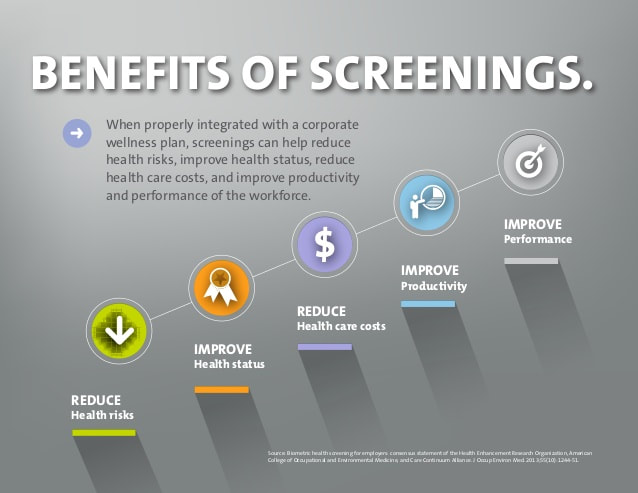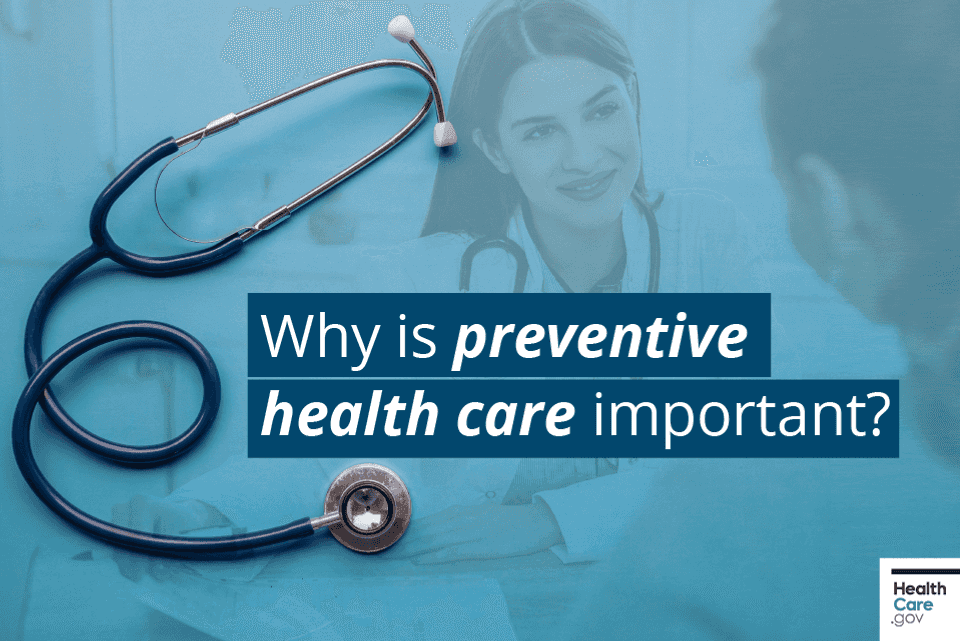Preventative services may help prevent illnesses, diseases, and other health problems, or detect illness at an early stage when treatment is likely to respond best. They’re free when you get care from an in-network provider. Here are some common benefits for all adults and children. Always ask your doctor what’s right for you.
Preventative Health Care is what you do before you get sick in order to stay healthy, and in turn, preventative care can help you stay healthier and as a result, will lower your health care costs.
For example, immunizations are considered preventative care. That’s because vaccines help protect you and those around you from diseases like tetanus, measles, or chicken pox.

Preventative care can also help identify health problems like high blood pressure, diabetes, or certain cancers earlier when they’re most treatable. Of course, tackling health issues early helps you get or stay on a healthy track, and reduces the risk of developing other health conditions.
Common covered benefits for adults
- Blood pressure screenings
- Cancer Screenings
- Cholesterol Screening
- Diet Counseling
- Immunizations
Common covered benefits for women & pregnant people
- Breast cancer mammography screenings
- Breastfeeding support and counseling
- Birth Control
- Pap Tests
- Well Visits
Get more preventative benefits for women and pregnancies here (CLICK)
Common benefits for children
- Behavioral assessments
- Developmental screenings
- Immunizations
- Vision Screening
- Well-baby and well-child visits
Many preventative care services are folded into what you already pay for your health insurance, so you won’t pay a single cent extra for it. Most health plans are required, by law, to cover eligible preventative services at 100%.
That means no out-of-pocket costs for you, as long as you get preventative care services from a doctor or clinic that is in network, or that your plan covers. By “No-cost” we mean:
- You pay nothing to visit the doctor (copays)
- No sharing the cost of your care with your plan (coinsurance)
- No amount you have to pay for yourself first before your plan helps (deductible)
What’s NOT preventative care?
Remember, preventative care happens before a problem is identified. So, the same service may or may not be considered and billed as preventative care, depending on your health situation.
For example, if a person gets a colonoscopy as a colorectal cancer screening, that’s preventative – even if the doctor removes polyps or tissue samples during the procedure. However, if additional follow-up care is needed, such as another procedure to remove additional growths or any treatment if cancer is detected, it is not considered preventative so you may have some out-of-pocket costs.
Other examples of non-preventative care:
Primary care office visits related t a specific health care need such as the common cold or flu, seasonal allergies, rashes, or minor injuries.
Certain appointments with specialty doctors such as dermatologists, allergists, or cardiologists, depending on your insurance coverage.
Diagnostic tests and screenings to learn more about a suspected or known medical condition.
If you’re not sure what preventive care you’re due for, get in touch with your primary care clinic or doctor. Your online account through your health insurance company should also have information and reminders.
Don’t know whether the appointment you want to make is preventive or not? Contact your insurance company and ask about your coverage.

